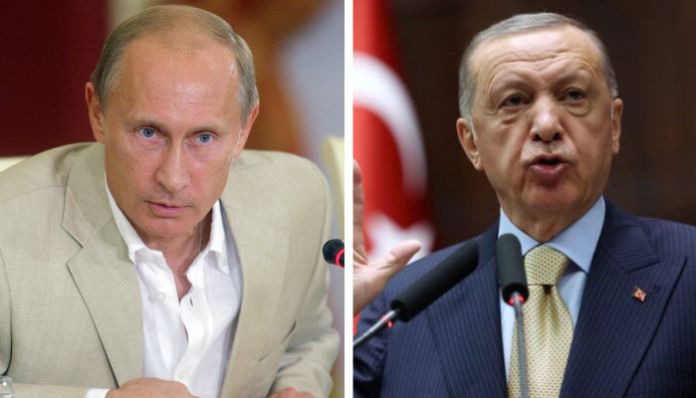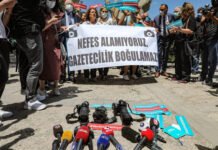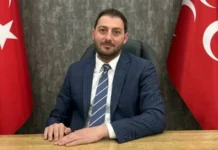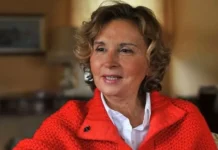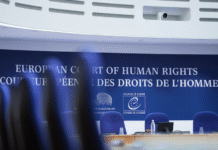Two leaders of the Eastern Orthodox Christian community warned Monday at an Organization for Security and Co-operation in Europe (OSCE) conference that the Turkish government’s policies are endangering the survival of the Ecumenical Patriarchate of Constantinople and the Greek Orthodox community in the country while opening the door for Russia to expand its influence.
Archons Rocky Sisson and Prepositos made the comments in a report presented at the annual Warsaw Human Dimension Conference of the OSCE.
Sisson said the eradication of the Ecumenical Patriarchate and the Greek Orthodox community in Turkey would be “an egregious violation of human rights” and a “tremendous opportunity for Russia to expand its imperialism.”
An archon is a person honored by the Ecumenical Patriarchate for outstanding service to the Church. Archons are distinguished leaders within the Eastern Orthodox Christian community, tasked with defending the faith and protecting the Church’s rights.
Sisson accused the Turkish government of policies designed to stifle the Greek Orthodox community, pointing to the denial of legal status to the Ecumenical Patriarchate, which prevents it from owning property such as churches, relics and icons. He also cited the 1971 closure of the Theological School of Halki, which has hindered the training of new clergy.
“The Turkish government’s longstanding hostility to ethnic and religious minorities is well documented, going back to the Armenian, Greek, and Assyrian genocides,” Sisson said. “Today, that government is pursuing policies that will lead to the complete eradication of the historic Greek Orthodox Christian community, the indigenous people of Turkey.”
Sisson warned that the forced removal of the Ecumenical Patriarchate from Turkey would benefit Russia, whose leadership, under President Vladimir Putin and Patriarch Kirill of Moscow, seeks to extend its influence over the Orthodox Christian world. He suggested they could attempt to establish a new Russian Ecumenical Patriarchate or claim the role for Moscow.
Russia’s ambitions, Sisson added, should concern governments already wary of Moscow’s expansionist policies. He urged OSCE member states to advocate for the legal recognition of the Ecumenical Patriarchate and the reopening of the Halki theological school to protect its presence in Turkey.
The US Department of State said in 2023 Report on International Religious Freedom that Ankara continued to limit the rights of non-Muslim religious minorities, especially those not recognized under the government’s interpretation of the 1923 Lausanne Treaty, which includes only Armenian Apostolic Orthodox Christians, Jews and Greek Orthodox Christians.
Turkey’s ruling Justice and Development Party (AKP) was criticized in the report for many rights violations, including restricting efforts of minority religious groups to train their clergy and making it difficult for them to open or operate houses of worship and obtain exemptions from mandatory religion classes in schools.

